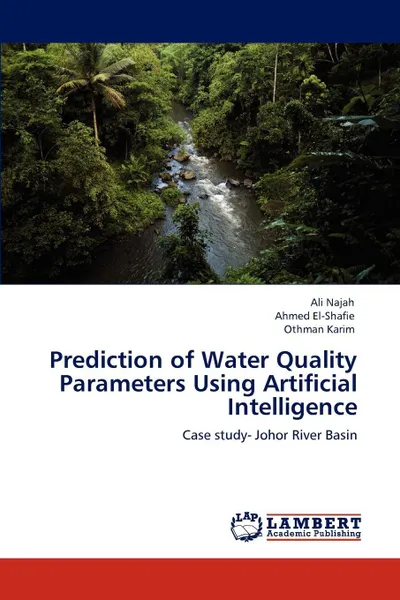Prediction of Water Quality Parameters Using Artificial Intelligence 12+
2011
56 страниц
Категория: Компьютерные технологии
ISBN: 9783847312031
Язык: Английский
📒 Rapid urban development's often witness deterioration of regional water quality. As part of the management process, it is important to assess the baseline characteristics of the river environment so that sustainable development can be pursued. The aim of this research is to develop a water quality prediction model in Johor River at two different stream flow level (main stream and tributary). Several modeling methods have been applied in this research including; Linear Regression Model (LRM), Multi Layer Perceptron (MLP) Neural Network and Radial Basis Function (RBF) Neural Network. In this study, the water quality parameters of interests are total dissolved solids, electrical conductivity and turbidity due to their importance when studying the water quality status of any rivers. Five years data for these three parameters have been obtained from Department of Environment (DOE). A comprehensive comparison analysis for the above modeling methods' outputs have been carried out and discussed in order to achieve the appropriate model method and architecture for the current study.
Мнения
